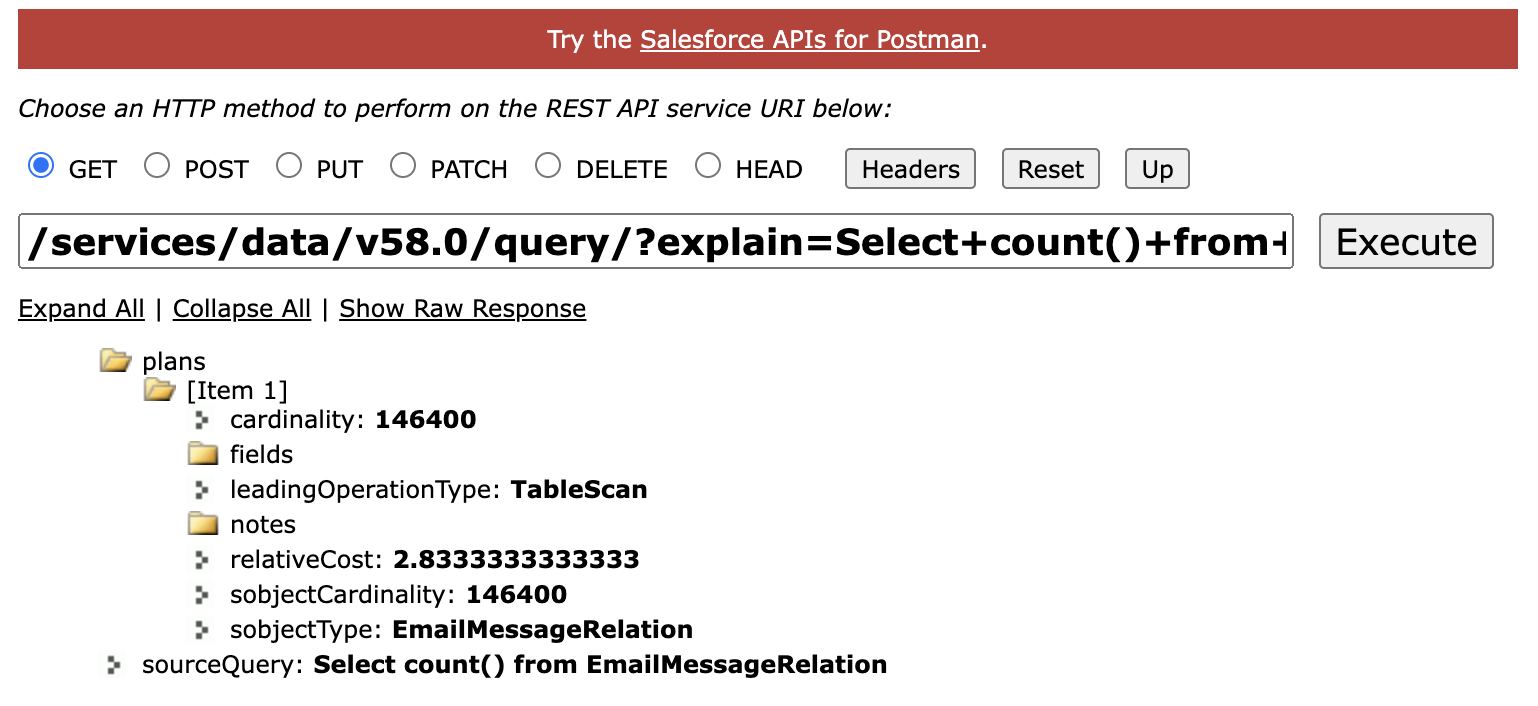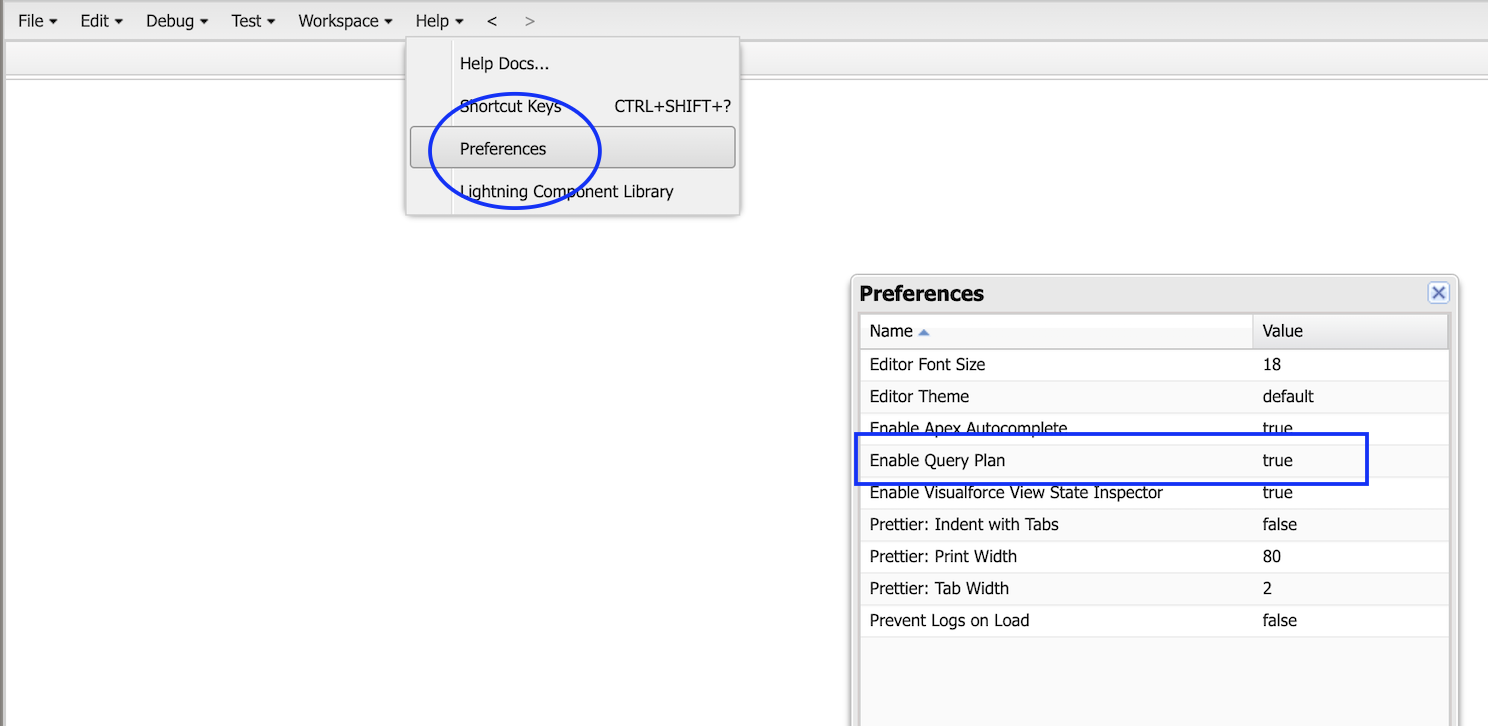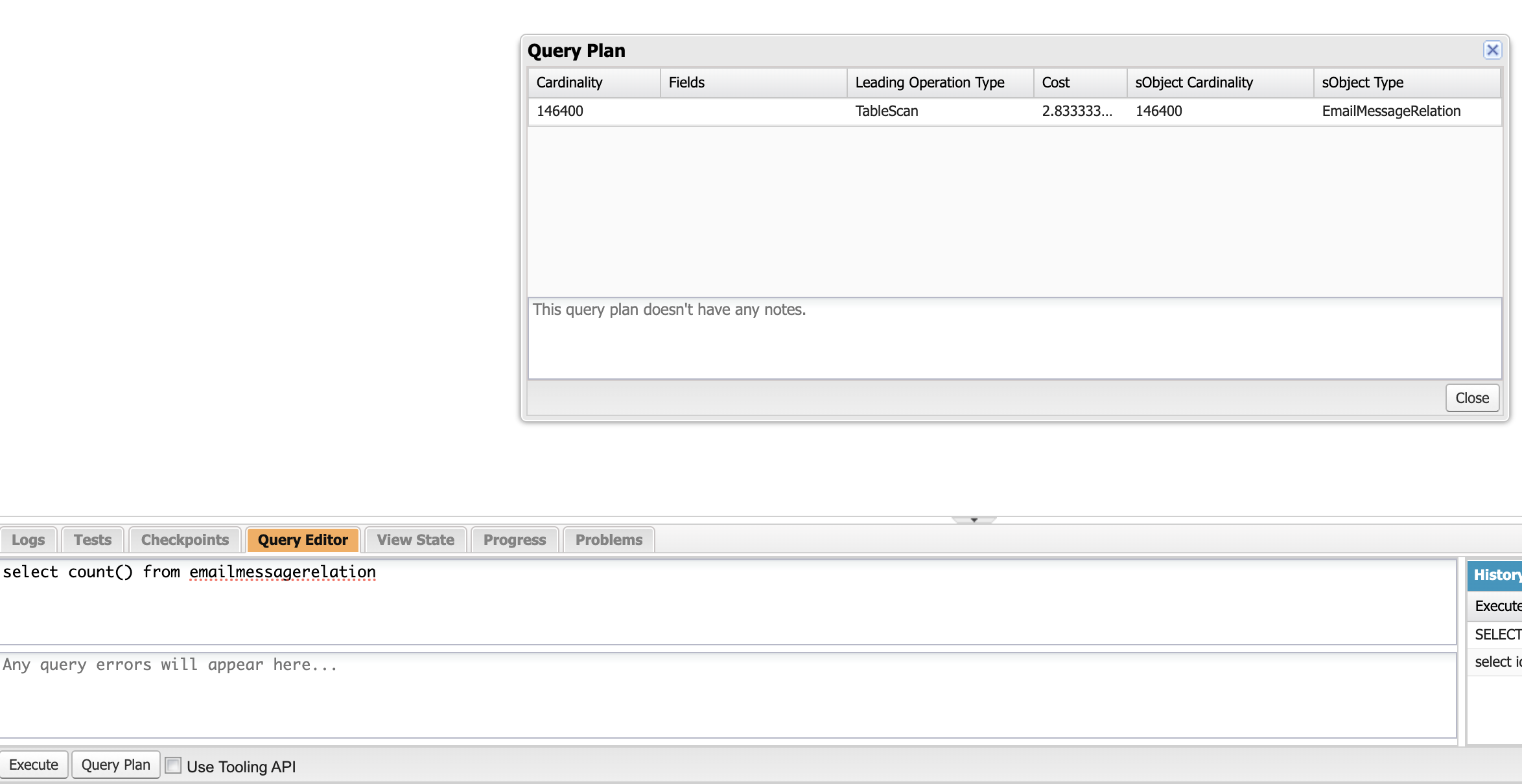We create customized purposes in Salesforce which are constructed on prime of buyer or transactional information from Salesforce information tables. Writing environment friendly queries is essential to sustaining the efficiency of those purposes and guaranteeing that we do not run into Salesforce limits. There are particular optimization methods you’ll want to observe to make your question environment friendly. This text will make clear these methods.
About Question Efficiency
It’s apparent that the efficiency of your question fully is dependent upon the complexity of information you at the moment have in your manufacturing org. You possibly can write an environment friendly question that works in a single atmosphere however might fail in a special atmosphere. So it is very important perceive the present state of your information within the manufacturing atmosphere. You must also have some thought concerning the longer term development of your manufacturing information in an effort to plan your queries accordingly. Make planning queries as a part of your growth cycle. Make a routine to revisit previous queries in your manufacturing atmosphere to be sure that these queries are nonetheless environment friendly. This text can even stroll you thru instruments you can use to measure question efficiency in Salesforce.
Step one in the direction of an optimized question is to make use of index fields in your WHERE clause filters.
Indexes
Sure fields are listed out of the field in Salesforce. When writing queries, ensure you use these fields as filters in order that your question is optimized.

Apart from the default listed fields, you can too make customized fields as indexes. You might want to contact Salesforce assist to do that. Please observe that exterior ID from the checklist above falls below the customized index class.
If indexing is the best way to go, is all of it about making all filters as index and you’re good? The reply is, “No.” Salesforce applies a “Selectivity Threshold” in your queries, and so long as your question is pulling information below that threshold, your question is selective or optimized. What are the thresholds?
- Normal index threshold: 30% of the primary 1M information and 15% of the remaining information with a most restrict of 1M information
- Customized index threshold: 10% of the primary 1M information and 5% of the remaining information with a most restrict of 333,333 information
For instance, contemplate the next question and suppose you might have roughly 2 million alternative information.
SELECT Id, title from Alternative the place RecordTypeId = '1234'Since you’re utilizing a normal index, your threshold is 450k (300k + 150k). In case your question returns greater than 450k information, your question just isn’t selective, and Salesforce Optimizer would slightly go for a desk scan. In the event you use a customized index filter, your threshold could be 150k.
Widespread Errors in Queries
- Utilizing
!=orNOT– Even when the sphere is listed, utilizing!=orNOTwon’t make your queries selective. As a substitute, useINor=. - Use
%wildcards%– In case you are working into utilizing%wildcardsin your queries, step again and ask your self if SOSL is a greater choice. - Keep away from nulls – Contemplate the next code:
Checklist<Alternative> oppList = [SELECT id, customLookup__c from Opportunity];
checklist<String> Ids = new Checklist<String>();
for (Opporunity opp : oppList){
Ids.add(opp.customLookup__c);
}
Checklist<customObject__c> objs = [SELECT id from customObject__c where Id in: Ids];When you have a chance with a customlookup__c=null, your checklist may have a null worth, and your question on the customObject__c just isn’t going to be selective. To repair this, add customLookup__c to Ids checklist provided that customLookup__c !=null.
4. Deleted information can have an effect on question efficiency – Use isDeleted = false or empty the recycle bin to enhance question efficiency.
Examine Your Question Efficiency
There are two methods you’ll be able to verify the efficiency of your question with out really working the question.
- Salesforce Question REST useful resource with an
'Clarify'parameter - Question Plan from the developer console



Question Efficiency Attributes
While you run the question plan utilizing the above two strategies, you will notice “question plans” with the next key attributes.
- Cardinality – The estimated variety of information the main operation kind would return
- SObject Cardinality – The approximate depend of information for the question object
- Main operation kind – The first operation kind that Salesforce will use to optimize your question; Two frequent varieties are index and tablescan.
- relativeCost or Price – Price of the question in comparison with the selectivity threshold; If price is above 1, the question just isn’t selective.
Please observe that you’d discover a number of plans within the response more often than not. The plan with the minimal price will likely be utilized by Salesforce.
Conclusion
Writing environment friendly queries is vital in sustaining the efficiency of your system in Salesforce. There are particular methods to make your question efficient, resembling utilizing indexes as filters and conserving your question outcomes throughout the selectivity threshold. There are additionally instruments resembling question plan within the developer console or utilizing the clarify parameter in question REST useful resource to measure the question efficiency. Be sure you use these methods and instruments in your design classes in an effort to write selective queries and make sure the prime efficiency of your purposes.







